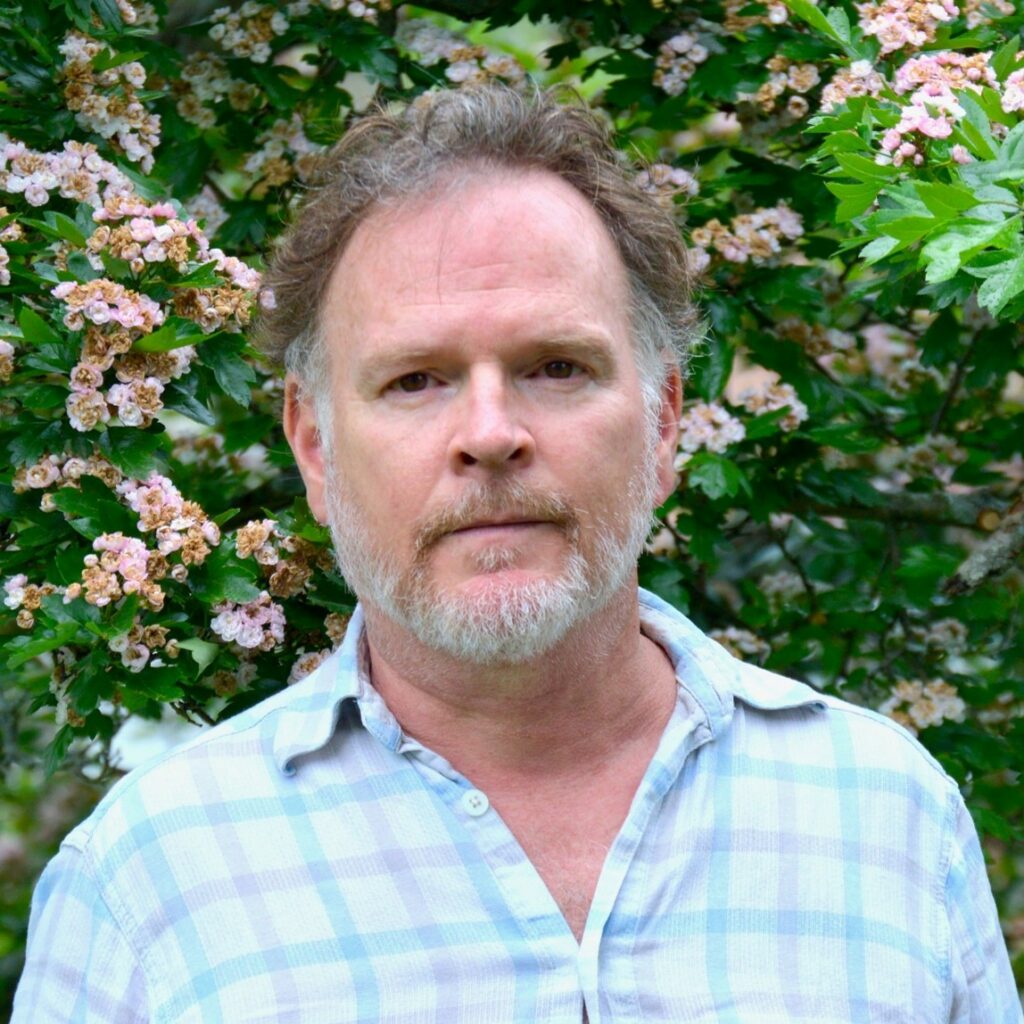
Brian Bannon has been the Brattleboro (VT) Zoning Administrator and Floodplain Manager for 15 years. He has worked through recovery and permitting after Tropical Storm Irene, headed development of the local hazard mitigation plan, administers the town’s FEMA Community Rating System, and works with community partners on larger mitigation projects including addressing housing in floodplains. A graduate of the UMass Amherst Geosciences program, he is a Certified Floodplain Manager and managed the Birge Street floodplain restoration.
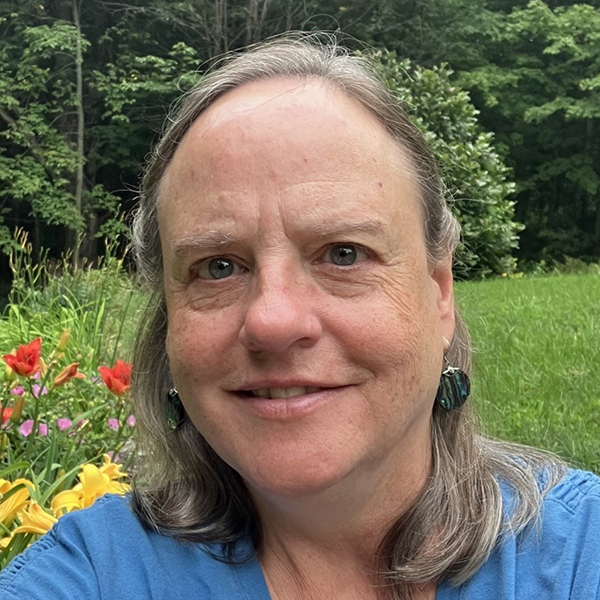
Marie Levesque Caduto has been a watershed planner with Vermont Department of Environmental Conservation for over 18 years, working with local communities and partner organizations to develop and implement water quality improvement and habitat restoration projects for surface waters throughout the region. Climate change impacts on surface waters and flood resiliency have become a major focus of her restoration work. Marie holds a BS in biology and an MS in environmental education and has worked in the environmental field for over 40 years.
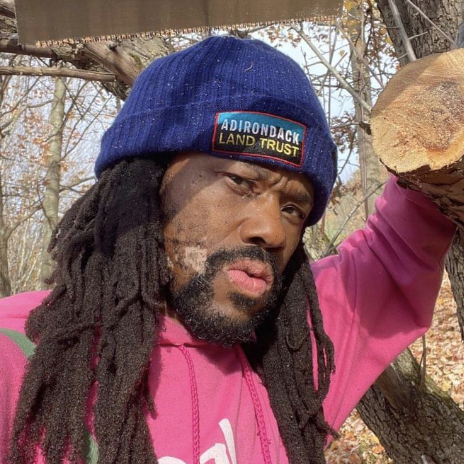
Christopher Carr is a Brooklyn-based multidisciplinary conceptual artist, photographer, emcee, educator, and instrumentalist. In 2010, he founded Brooklyn Wildlife, a creative arts incubator specializing in independent art and music. He hosts podcasts and interview series and has organized hundreds of live events and performances. He’s spent 20 years playing music and has toured more than half the country. Along with Melissa Hunter Gurney, he co-founded the art space Gamba, the GAMBAZine publication, and Black Land Ownership. He leads Diversity and Inclusion workshops and developed Curating the Classroom to help schools deactivate systemic oppression.
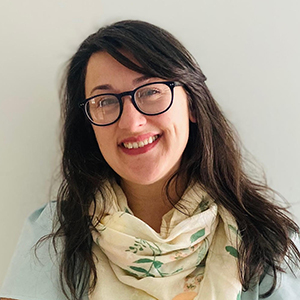
Stefanie Covino is the Executive Director of the Blackstone Watershed Collaborative, which serves to improve social and ecological resilience through capacity building and technical assistance. She has a master’s in environmental science and policy, and a certificate in diversity and inclusion from Clark University. She is on the steering committee of the Narragansett Bay Estuary Program and is a UMass Amherst Keystone Cooperator. Her interests include land use planning, natural resource protection, stormwater management, ecological restoration, and equitable nature-based solutions to reduce climate hazards and improve community resilience.
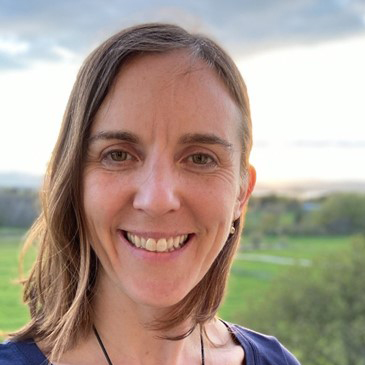
Erin De Vries brings a deep knowledge of Vermont waters and watersheds from previous experience as a watershed and lake education coordinator and state wetlands ecologist. As Conservation Director of the Vermont River Conservancy, she enhances conservation partnerships and leads strategic visioning for the protection and restoration of headwater forests, wetlands, floodplain forests, and rivers. She is a people-person dedicated to building awareness and partnerships that benefit communities, their health, and our environment.
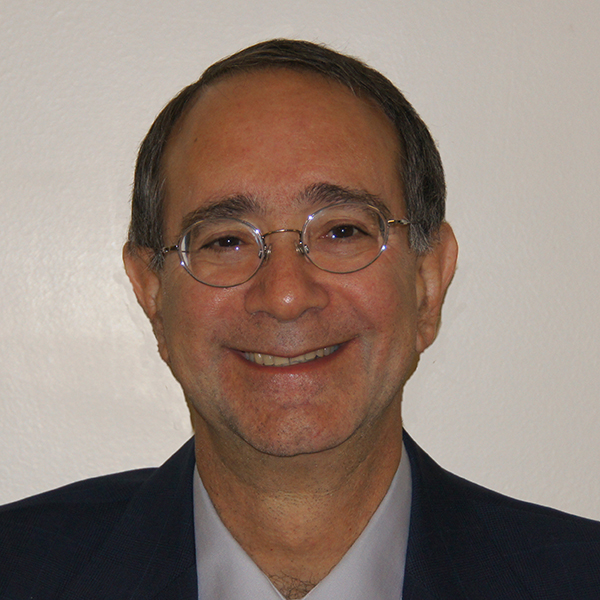
Robert Feder recently retired from a 40-year career as a general adult psychiatrist in New Hampshire. He majored in psychology at the University of Michigan, went to medical school at the University of Washington, and completed his psychiatry residency at Yale. He has published on substance abuse, affective disorders, anxiety disorders, and psychotic disorders. He is active in several climate groups, including the Climate Psychiatry Alliance, the New Hampshire Healthcare Workers for Climate Action, and No Coal No Gas, and also serves on the executive committee of the Medical Society Consortium on Climate and Health.
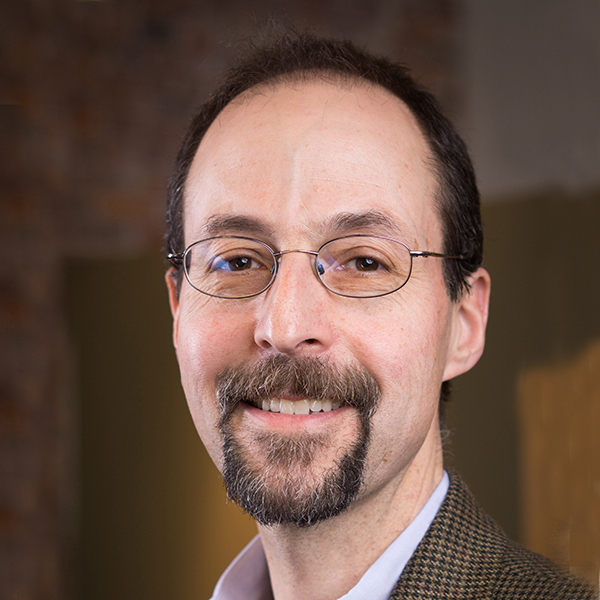
Andy Finton is a Senior Conservation Ecologist at The Nature Conservancy in Massachusetts. He was Project Manager for the first BioMap (2001), co-authored BioMap2 (2010), and co-led the development of the latest BioMap. He focuses on forest and landscape ecology and spatial assessments that identify conservation priorities. He works collaboratively with land trusts, public agencies, and municipal and academic partners to conserve important landscapes across Massachusetts and New England. He has a bachelor’s in plant sciences from Cornell University and a master’s in forest ecology from UMass Amherst.
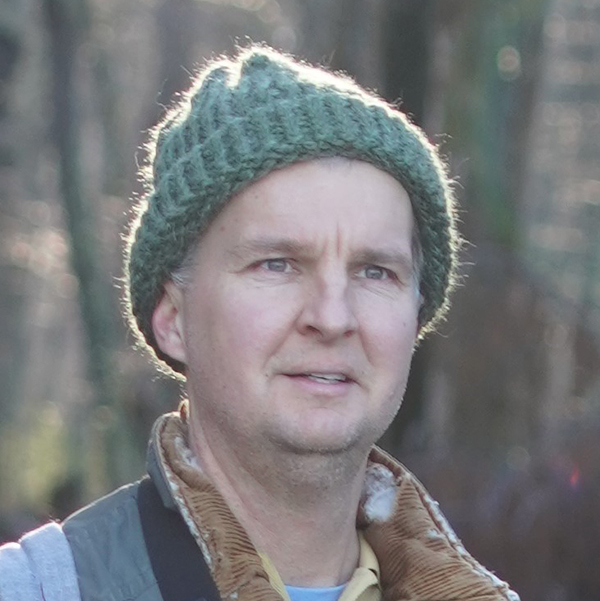
Lee Halasz is the Conservation Manager at the Kestrel Land Trust. He moved from Australia to Western Massachusetts in 2012 and previously worked for the Australian National Herbarium, the Queensland State Government, a non-profit environmental organization, and a university. He spent three TerraCorps years at Kestrel, assisting with land conservation projects and landowner outreach efforts. He completed dual master’s degrees at UMass Amherst in regional planning and wildlife ecology/land management before returning to Kestrel in 2023.
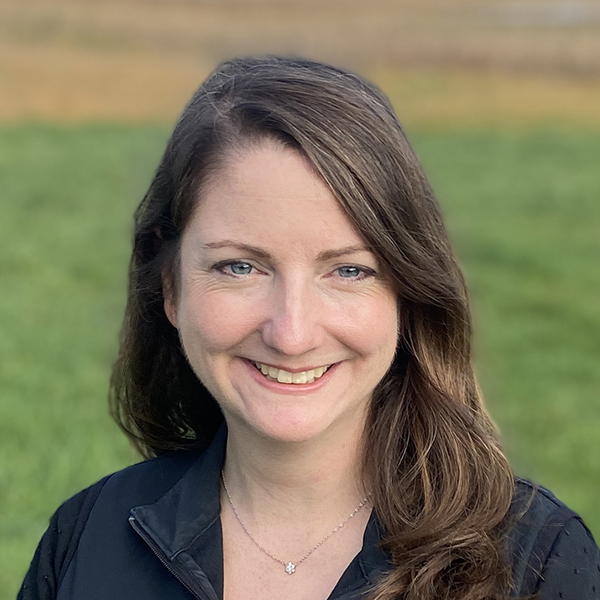
Abby Hardy-Moss is Director of Conservation Technology and Planning Division at Greenbelt where she uses geospatial technology to connect people to nature and embed science into Greenbelt’s conservation work. Her notable projects include the GreenbeltGo app, the Conservation Prioritization Initiative, and Greenbelt’s Guidebook maps. She leads Greenbelt’s efforts to partner with municipalities and nonprofits on open space mapping and their climate resilience planning work. She has degrees in environmental policy and planning from Tufts University and in communications from Emerson College.
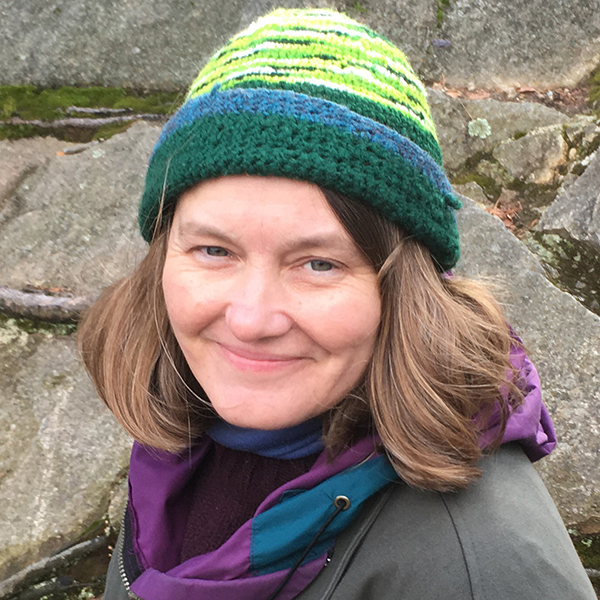
Lisa Hayden is Outreach Director at the New England Forestry Foundation. She has also served as Administrative Agent for the Woodlands Partnership since 2021. She joined NEFF in 2014 to conduct landowner outreach in the 38-town MassConn Woods RCP. She also leads regional outreach to family woodland owners to advance sustainable forestry practices as part of natural climate solutions. A former newspaper reporter, she has worked for The Nature Conservancy on climate policy and communications. She holds a master’s in urban and environmental policy and planning from Tufts University.

Kelsey Johnson is the new Outreach Coordinator for the Saco Watershed Collaborative. She has a bachelor’s in marine conservation and a master’s in education. She has been working in the fields of community conservation and science education in Southern Maine for over ten years and uses her background to facilitate collaboration with diverse stakeholders to protect resources for future generations.
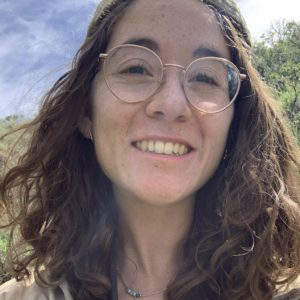
Hayley Kolding is the Vermont River Conservancy’s Conservation Manager for Southern Vermont. An ecologist and conservation specialist, she works with landowners and municipal, regional, and state partners to identify, prioritize, and implement conservation and restoration projects where rivers play a role. Previously, she conducted ecological assessments, geospatial analysis, and stakeholder interviews to build a riparian management plan for a 500,000-acre cattle ranch in southeast Oregon. She holds an MS from the University of Vermont Field Naturalist program and is President of the Connecticut Botanical Society.
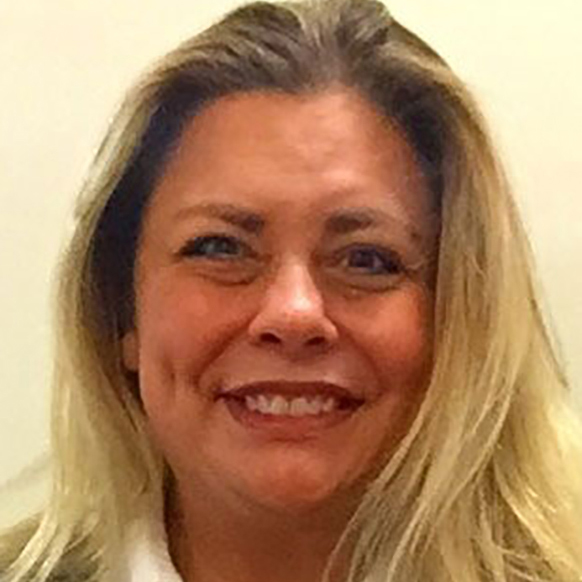
Nicole Kras is an associate professor of human services at Guttman Community College (CUNY). She holds a PhD in adult learning and development from Lesley University, a master’s in education, and a sixth-year certificate of advanced graduate study as a classroom teacher specialist from Southern Connecticut State University. She also received a bachelor’s in psychology with a concentration in child development and mental health and a master’s in art therapy from Albertus Magnus College. Her research focuses on nature-based learning in higher education and the influence of nature on human development.
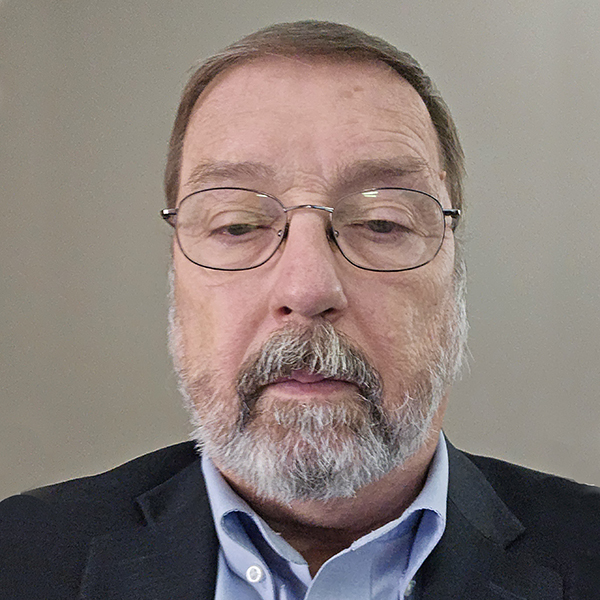
Thomas Matuszko has been a professional planner for nearly 35 years. He has experience in environmental, water quality, economic development, and community planning, land use, land conservation, and regional services. Since 2018, he has been the Executive Director of the Berkshire Regional Planning Commission. His areas of greatest expertise include policy analysis/development, comprehensive plan development, team building, zoning, policy body support, municipal interaction/collaboration, public outreach and citizen interaction, project and budget management, project initiation, grant writing and development, and political awareness.
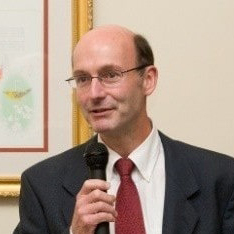
Robert O’Connor does conflict resolution and mediation work for family, housing, civil and juvenile cases, and facilitation, coordination, and grant writing for a variety of environmental organizations. He was Director of the Division of Conservation Services at the Executive Office of Energy and Environmental Affairs (MA), where he coordinated conservation programs and grants for communities and non-profits. Previously, he directed the Massachusetts Watershed Initiative and operations at the Quabbin Reservoir. He holds a BS in forest management and a master’s degree in administration and conflict resolution from UMass Boston.

Larissa Read provides planning and facilitation services to environmental, non-profit, and government organizations. Recent and current projects include strategic plans and scenario plans for Mohonk Preserve, Columbia Land Conservancy, Warren County, Walkway Over the Hudson, Lake Placid/North Elba, Westchester Parks Foundation, Rensselaer Plateau Alliance, and Schoodic Institute at Acadia National Park. Based near Albany, NY, she has board governance experience and currently serves on the Hudson River Watershed Alliance board of directors. An ecologist by training, she is passionate about guiding communities and organizations.
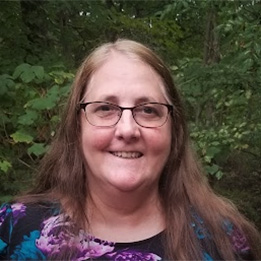
E. Heidi Ricci is Director of Policy and Advocacy at Mass Audubon and has experience in environmental policy, land use planning, and public engagement. She co-authored “Losing Ground: Nature’s Value in a Changing Climate” and has assisted communities in building climate resilience through nature-based solutions. She holds a BS in biology from Tufts and an MS in resource management and administration from Antioch University New England.
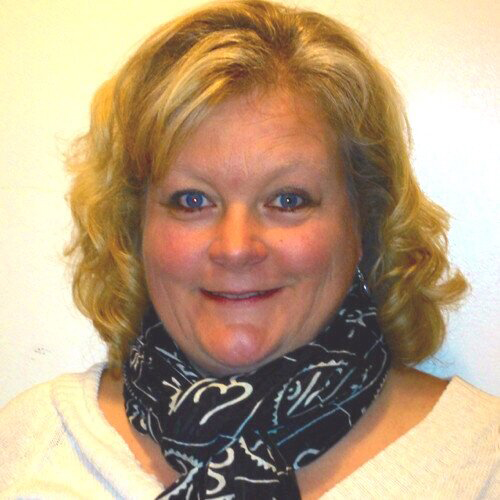
Robyn Saunders has been the Project Manager for the Saco Watershed Collaborative since December 2018. She has devoted her 25-plus-year career as an environmental engineering consultant to improving water resources in New England. Her specialty is effectively presenting complex, technical topics in easy-to-understand terms across all audiences.

Art Schwenger is Vice Chair of the Woodlands Partnership of Northwest Massachusetts and representative from the Town of Heath. A former three-term Select Board member, he chairs the municipal light board, is town representative to the Franklin County Technical School Committee, and serves Franklin Land Trust as a conservation restriction monitor. He is former executive director of Shelburne Falls Area Business Association and past Vice Chair of the Deerfield River Watershed Association.
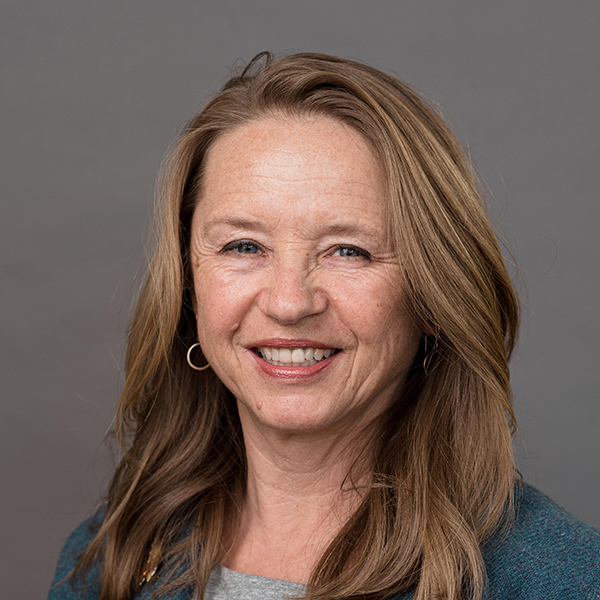
Martha Sheils is the Director of the New England Environmental Finance Center based at the University of Maine. The NEEFC has been providing training, technical assistance, and capacity building for over 22 years to communities, tribes, and small businesses with a focus on underserved, marginalized, and rural communities that are in most need of assistance and added capacity. The mission of the NEEFC is to meet communities where they are, build capacity at the local level, and move projects forward from planning to funding/financing and ultimately to implementation.
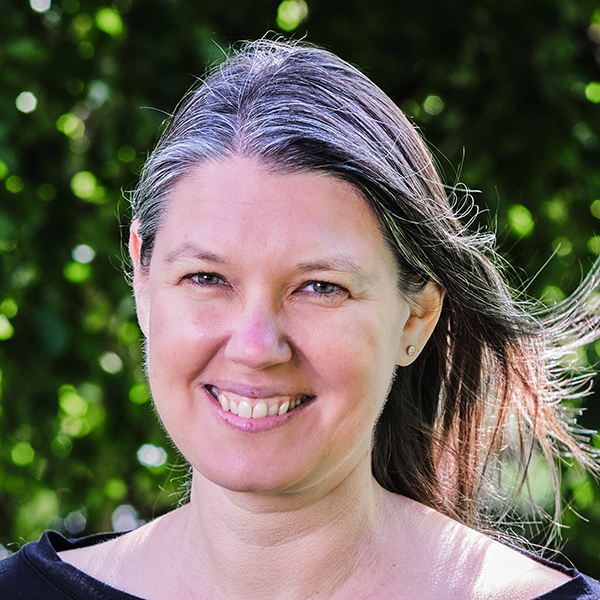
Karen Strong is the principal of Strong Outcomes, a consulting company that supports communities and organizations in conserving land, water, plants, and wildlife. With two biology degrees and 25 years of experience in conservation, she is committed to science-based decision-making and believes that conservation will only be effective if we meaningfully engage our communities. She co-founded the Yes and Nature Collaborative, which blends concepts from science, communication, and improvisational theater to help conservationists better understand their audiences and communicate more effectively.